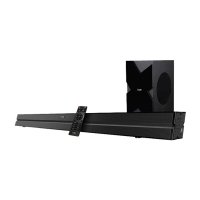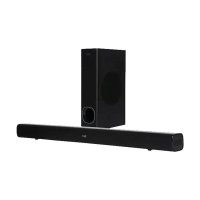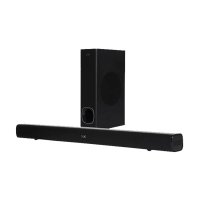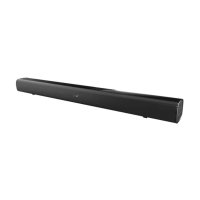Speaker Cutting Out at High Volumes? Here’s Why
Nothing is more frustrating than your speaker cutting out just when you’re about to enjoy your favourite song or intense movie scene at full volume. If you’ve encountered this issue, you’re not alone. Many users experience this problem, and understanding why it happens can help you troubleshoot and fix it. In this post, we’ll explore the common causes of speakers cutting out at high volumes and what you can do to resolve the issue.
1. Overheating
Cause:
When you push your speakers to high volumes for extended periods, they generate more heat. Most speakers have built-in protection mechanisms that cut off sound to prevent damage when they overheat.
Solution:
Give It a Break: Allow your speakers to cool down before using them again.
Ventilation: Ensure your speakers have adequate ventilation. Avoid placing them in enclosed spaces where heat can build up.
2. Power Supply Issues
Cause:
Speakers require a certain amount of power to operate effectively, especially at high volumes. If the power supply is insufficient or unstable, it can cause the speaker to cut out.
Solution:
Check Connections: Ensure all power connections are secure. If using an extension cord or power strip, ensure it can handle the load.
Use a Dedicated Outlet: Try plugging your speaker directly into a wall outlet to see if the problem persists.
3. Impedance Mismatch
Cause:
Every speaker has a specific impedance rating, typically 4, 6, or 8 ohms. If your amplifier or receiver is not compatible with the impedance of your speakers, it can lead to cutting out, especially at high volumes.
Solution:
Match Impedance: Ensure that the impedance of your speakers matches the output impedance of your amplifier or receiver. Consult the product manuals for compatibility information.
4. Speaker Damage
Cause:
If your speakers have sustained damage, such as blown drivers or damaged wiring, they may struggle to handle high volumes, leading to cutting out.
Solution:
Inspect for Damage: Check your speakers for any visible signs of wear or damage. Look for issues like torn speaker cones or disconnected wires.
Professional Repair: If you suspect internal damage, consider consulting a professional technician for repairs.
5. Audio Source Quality
Cause:
Low-quality audio files can distort and cause clipping when amplified. This distortion can lead to speakers cutting out at higher volumes as they struggle to reproduce the sound accurately.
Solution:
Use High-Quality Files: Opt for high-quality audio files or lossless formats to ensure better sound reproduction.
Adjust Volume Levels: Keep the volume levels in check, especially when dealing with low-quality audio.
6. Bluetooth Connection Issues
Cause:
For wireless speakers, poor Bluetooth connectivity can cause interruptions in audio playback, especially at high volumes.
Solution:
Check Distance: Ensure your device is within range of the speaker. Walls and obstacles can weaken the signal.
Re-pair Your Device: Disconnect and reconnect your Bluetooth device to refresh the connection.
Conclusion
If your speaker cuts out at high volumes, don’t panic! By understanding the common causes—from overheating and power supply issues to audio source quality—you can take appropriate steps to diagnose and resolve the problem.
Always remember to use your speakers within their recommended volume limits and ensure proper care and maintenance to enjoy uninterrupted audio experiences. Happy listening!



